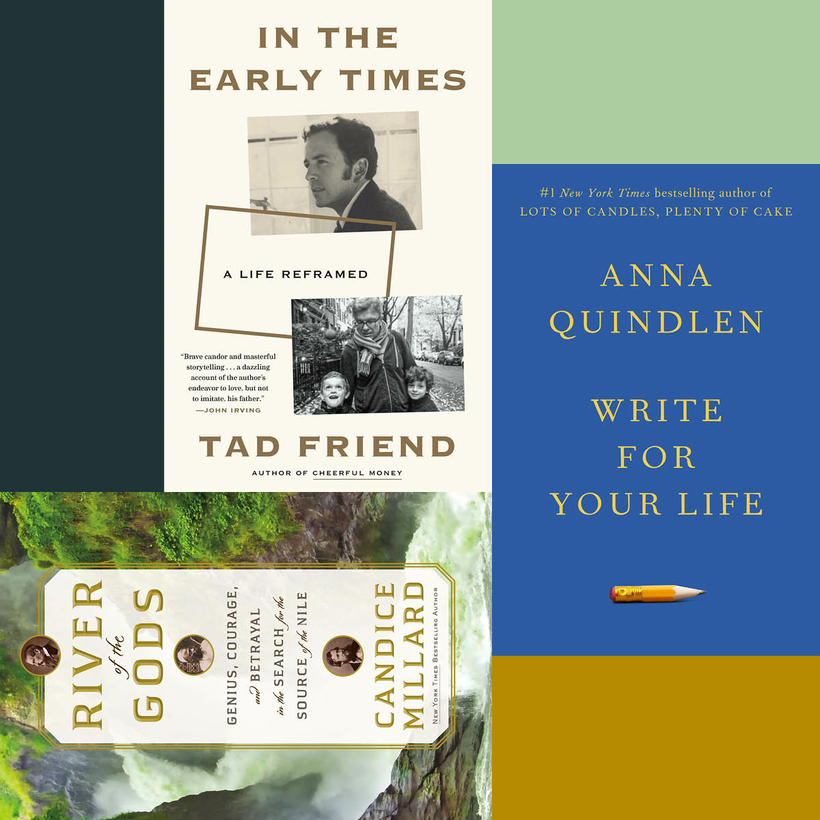There are, to adapt the saying, two kinds of people: those who write memoirs and those who read them. One can be forgiven for feeling that the first group easily outnumbers the second, which is a pity if that means the reader might skip this book. Tad Friend is a sharp, wry writer of New Yorker profiles, but it turns out his best subject by far is himself and his family, which includes his father, once president of Swarthmore; his wife, Food 52 co-founder Amanda Hesser; and their twins. The author is incapable of writing a bad sentence (trying to connect with his dad “always felt like ice fishing,” and their kids growing up showed that “we were racing toward that moment in their trajectory when our role, as booster rockets, is to fall burning back to earth”), and his wit saves many a moment in his dealings with others.
Until, of course, it doesn’t, and Friend chronicles his heartbreaking stupidity and his efforts to re-invent himself into a less selfish, more caring person with a painful clarity that leaves the reader precariously hopeful. You root for Friend not so much because you like him but because, by book’s end, you know him—and may even spot glimmers of him in yourself. It is unlikely you will read a finer memoir this year.

